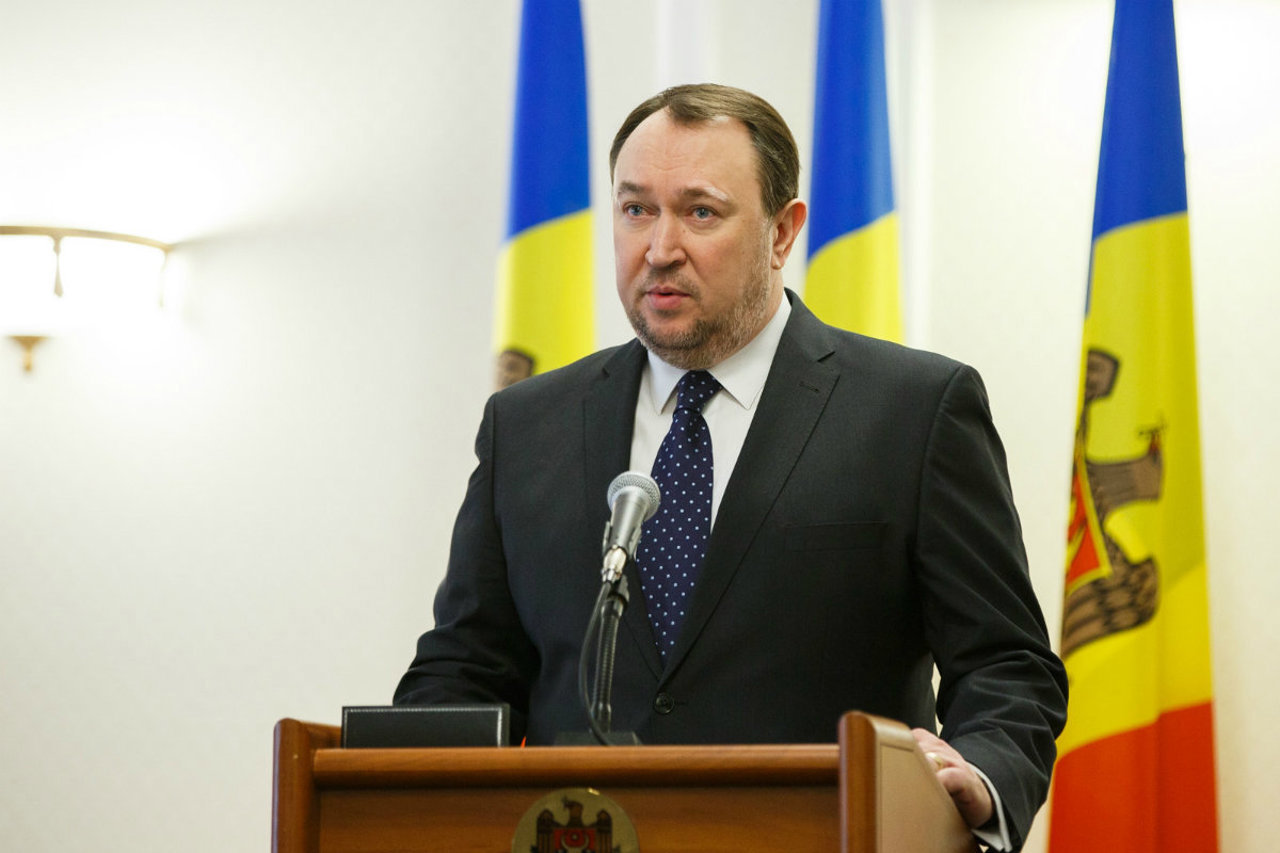Moldova’s Constitutional Court: Pillar of Democracy and Justice
The Presidency of the Congress of the Conference of European Constitutional Courts (CCCCE), held in Chișinău, was obtained following an enormous effort spanning more than five years.

This achievement is a significant recognition of the existence of constitutional justice in the Republic of Moldova, as highlighted by the former president of the Constitutional Court, Alexandru Tănase.
In an interview on the show "IN CONTEXT," Tănase explained that small countries typically do not achieve such status without presenting serious arguments. The constitutionality of the Association Agreement and Moldova's alignment with European values stem from decisions issued by the Constitutional Court, contributing significantly to the European integration process.
Moldova 1: We remain IN CONTEXT. Joining us online is constitutional expert Alexandru Tănase. You mentioned an interesting perspective on "democracies versus autocracies and the role of the Constitutional Court." Considering the role of the Constitutional Court in the context of democracy under attack in the Republic of Moldova, how effective has our Court been in defending both the Constitution and democracy?
Alexandru Tănase: Throughout the entire existence of the Republic of Moldova, the Constitutional Court has always been the institution called upon to resolve the most complicated crises and situations. The fact that we have had consistent alternation in governance, free elections, political parties, free media, and an active civil society is largely due to the Constitutional Court's role in tempering certain authoritarian tendencies and balancing the powers within the state.
Moldova 1: If we compare with other European countries, such as Germany, where the Internal Intelligence Service is named the Office for the Protection of the Constitution, we notice a greater emphasis on courts like the Constitutional Court in Moldova and other Eastern European countries with nascent democracies. How do you perceive this difference?
Alexandru Tănase: The mission of special services is understood differently here. Globally, these services act as the eyes and ears of political decision-makers, providing crucial analysis and information. In contrast, the Constitutional Court is the sole institution within our framework that has the mandate to eliminate any law or normative act contradicting the fundamental values of our social contract as citizens of the Republic of Moldova.
Moldova 1: Referring to the “Șor” precedent, how effective was the Constitutional Court in defending the Constitution, given it made decisions that annulled other political actions aimed at protecting democracy or removing subversive actors?
Alexandru Tănase: The Constitutional Court, as a politico-legal institution, adopts decisions with significant political dimensions. Naturally, these decisions do not please everyone. For example, the decision to declare a political party unconstitutional was applauded by some and criticised by others. However, the ultimate effect was the safeguarding of the democratic process by preventing corruption from tainting elections. If the process of forming state power is compromised, it will inevitably act in the interests of certain groups rather than the Constitution.
Moldova 1: The Declaration of Independence holds primacy over the Constitution in the Republic of Moldova. Do other countries have similar situations?
Alexandru Tănase: Many states have created constitutional blocks. The Declaration of Independence is foundational and cannot be hierarchically inferior to subsequent acts, especially when there is no contradiction between its values and those in the Constitution. This model is also seen in France and several Latin American countries. It is a natural necessity for states to create such instruments.
Moldova 1: Domnica Manole remarked that "the Constitutional Court paved the European path for the Republic of Moldova." How do you view this statement, particularly considering your involvement in parliamentary consultations regarding constitutional amendments?
Alexandru Tănase: During my mandate, the presidency of the CCCCE was obtained, a testament to our commitment to constitutional justice. The Constitutional Court examined and upheld the constitutionality of the Association Agreement with the European Union. The principles embedded in our constitutional order, including our commitment to European values, derive from the Court's decisions during that period.
Today is an excellent occasion to congratulate all constitutional judges for their contributions over the years. The citizens of the Republic of Moldova can be assured that the principles and values forming the basis of our social contract will continue to be protected, as they have been for the past 30 years.
Translation by Iurie Tataru





